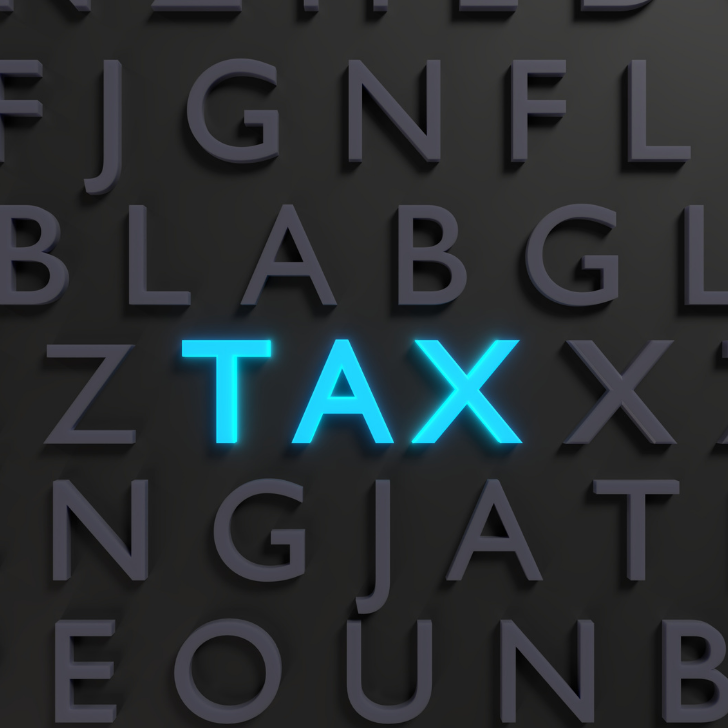The IRS has updated its FAQ list for the 2021 Recovery Rebate Credit. Individuals who did not qualify for or did not receive the full amount of the third Economic Impact Payment may be eligible to claim the 2021 Recovery Rebate Credit based on their 2021 tax year information.
To refresh your memory, the IRS began issuing the third round of Economic Impact Payments in March 2021 and continued through December 2021. The maximum credit is $1,400 per person, including all qualifying dependents claimed on a tax return. So a single person with no dependents has a maximum credit of $1,400; married taxpayers who file a joint return that claims two qualifying dependents have a maximum credit of $5,600.
Those who qualify as dependents are not just children under 17, but also older relatives like college students, adults with disabilities, parents and grandparents. There are additional amounts for all dependents: Eligible individuals get up to $1,400 for each qualifying dependent claimed on their returns.
Some individuals won’t be eligible to claim the 2021 Recovery Rebate Credit because of new income limitations, even if they received 2020 stimulus payments: Individuals can’t claim any credit with an adjusted gross income of $80,000 or more if filing as single or $160,000 or more if married filing jointly.
You may be thinking, “How do I claim a 2021 Recovery Rebate credit if I don’t usually file a tax return?” If you’re eligible and didn’t qualify for a third Economic Impact Payment or got less than the full amount, you’ll need to file a 2021 tax return to claim the credit. If you received the full amount for the third Economic Impact Payment, you won’t need to include any information about it when you file your 2021 tax return.
Take note of eligibility details
Your credit amount will be reduced by the amount of your third Economic Impact Payment. It is then reduced if the adjusted gross income amount on line 11 of your 2021 Form 1040 or Form 1040-SR is more than:
- $150,000 if married and filing a joint return or if filing as a qualifying widow or widower.
- $112,500 if filing as head of household.
- $75,000 for all others.
No credit is allowed when the AGI is at least the following amount:
- $160,000 if married and filing a joint return or if filing as a qualifying widow or widower.
- $120,000 if filing as head of household.
- $80,000 for all others.
You aren’t eligible to claim the 2021 Recovery Rebate Credit if:
- You could be claimed as a dependent on another taxpayer’s 2021 tax return.
- You’re a nonresident alien.
- You don’t have a valid Social Security number issued to you by the due date of your tax return and you don’t claim a dependent who has a valid SSN or an Adoption Taxpayer Identification Number.
Factors that may affect your eligibility for the credit are:
- Income change — Some people may have received less than the full third Economic Impact Payment because their adjusted gross income was too high. Lower income in 2021 could make you eligible to claim the credit.
- Qualifying dependent — If an individual became your dependent in 2021, including by birth or adoption, you may be eligible to claim the credit for the dependent on your 2022-filed 2021 tax return.
- No longer a dependent — Individuals who were claimed or could be claimed as a dependent on someone else’s tax return for 2019 or 2020 may now be eligible if they can’t be claimed as a dependent on someone else’s tax return for 2021.
If you qualified for a third payment based on your 2019 or 2020 tax return, the law doesn’t require you to pay back all or part of the payment you received based on the information reported on your 2021 tax return. You can keep it!
This is just a summary. For more details, see the complete IRS statement and work with a qualified tax professional.



